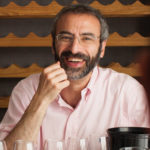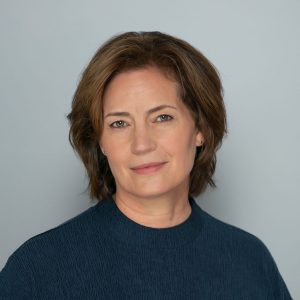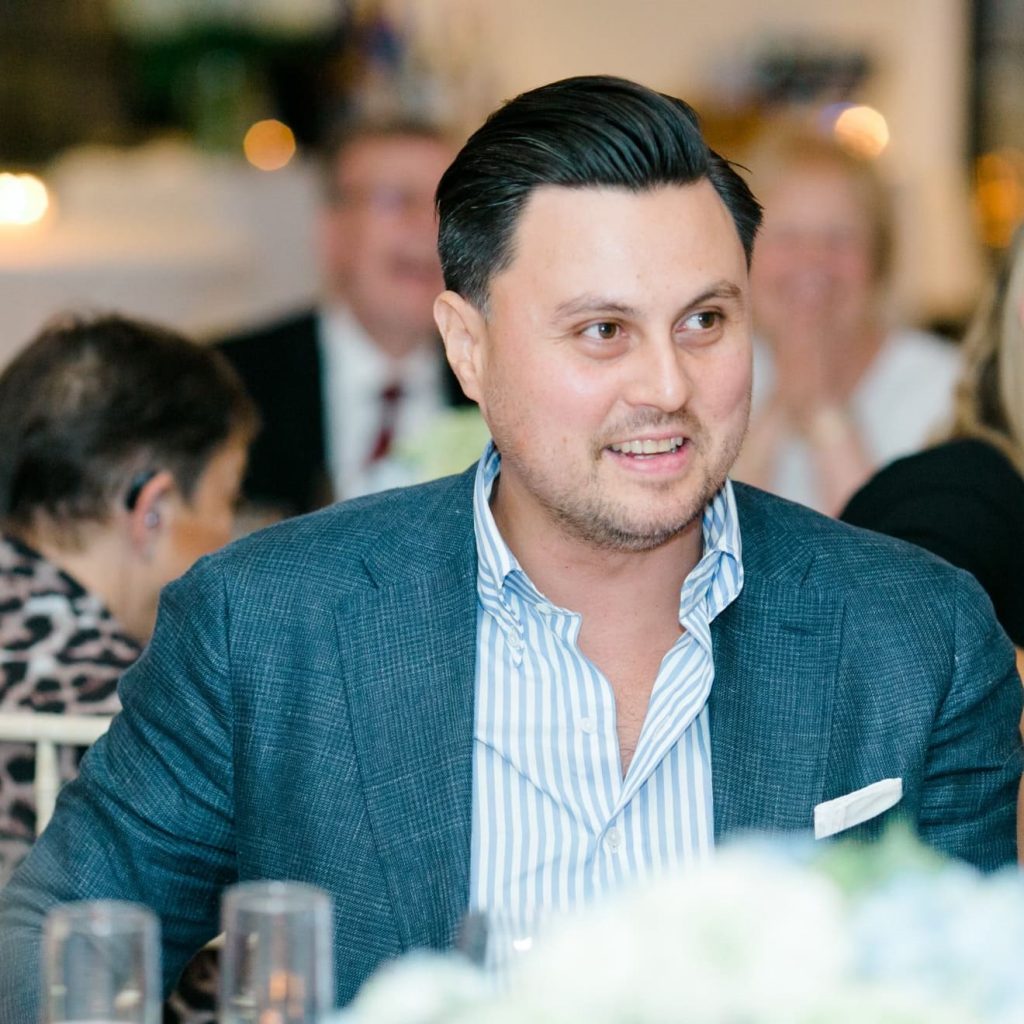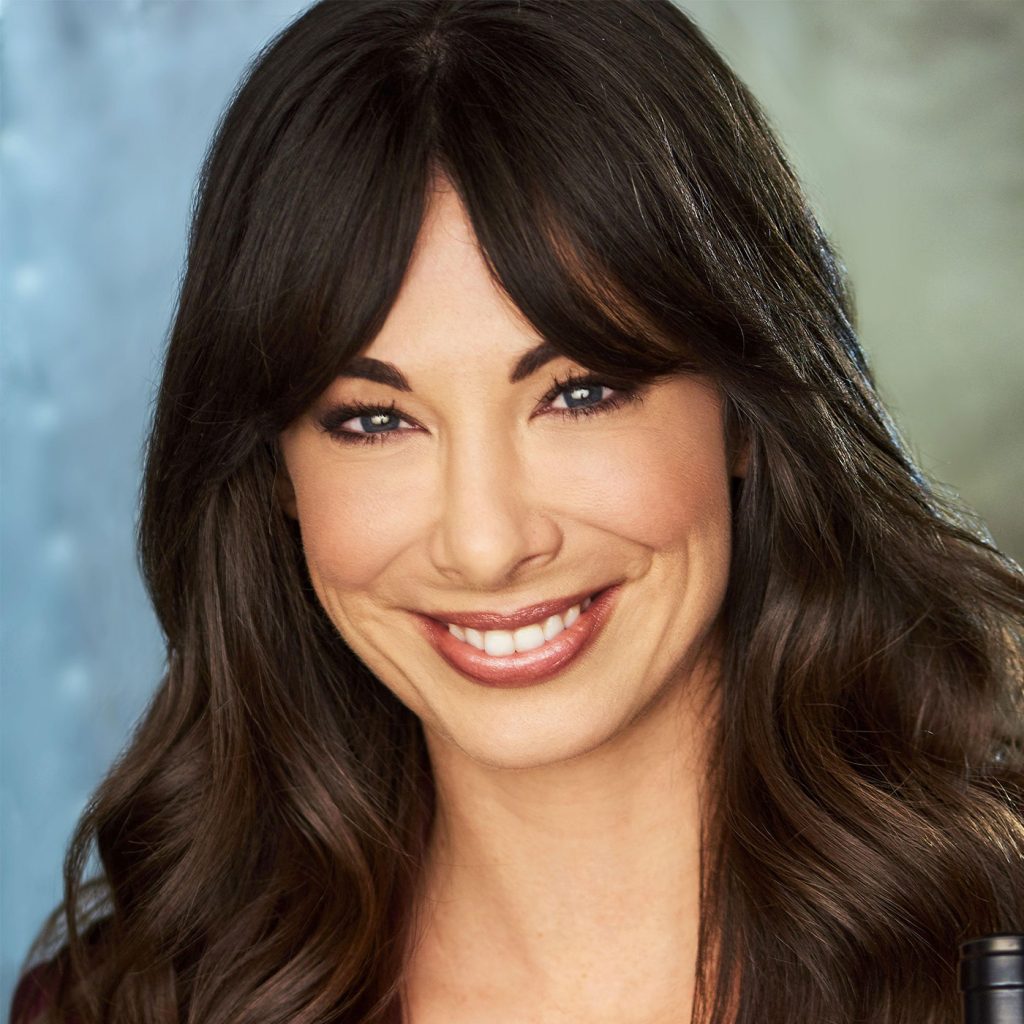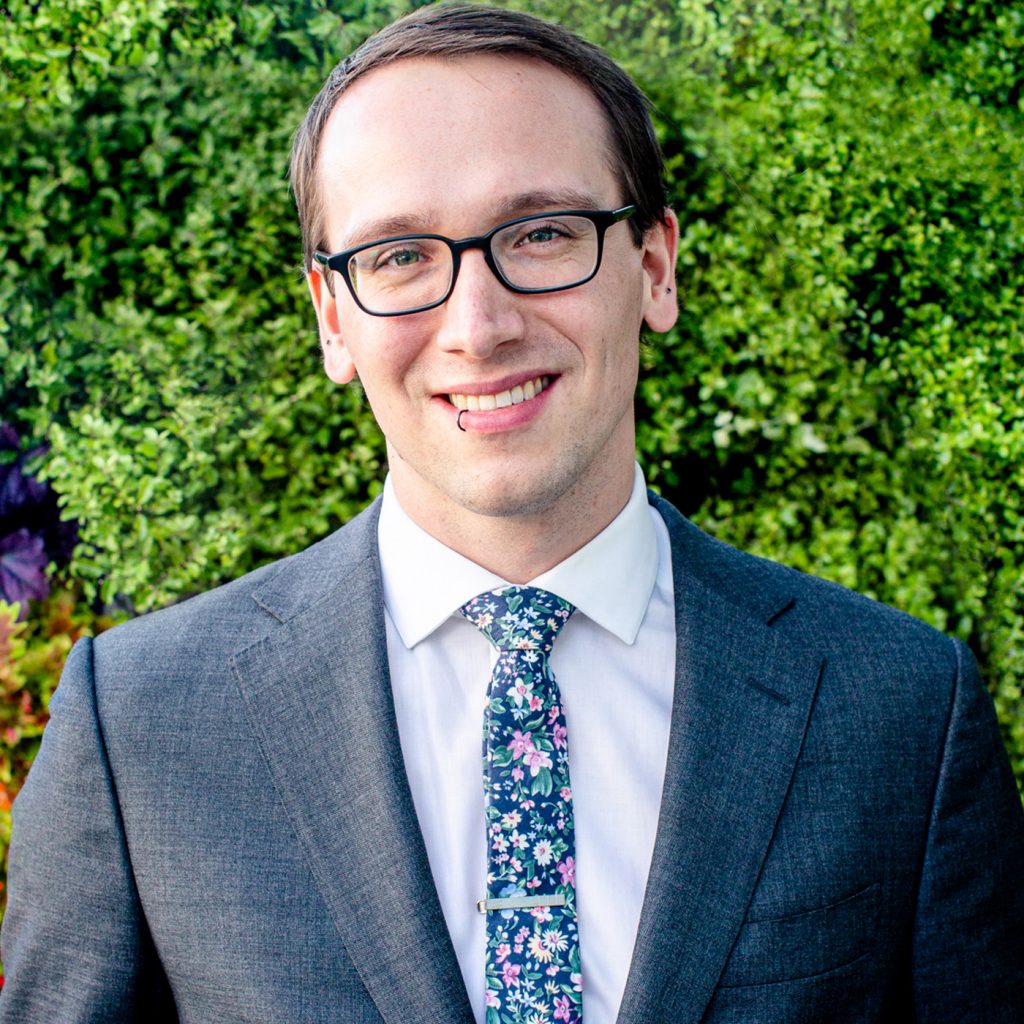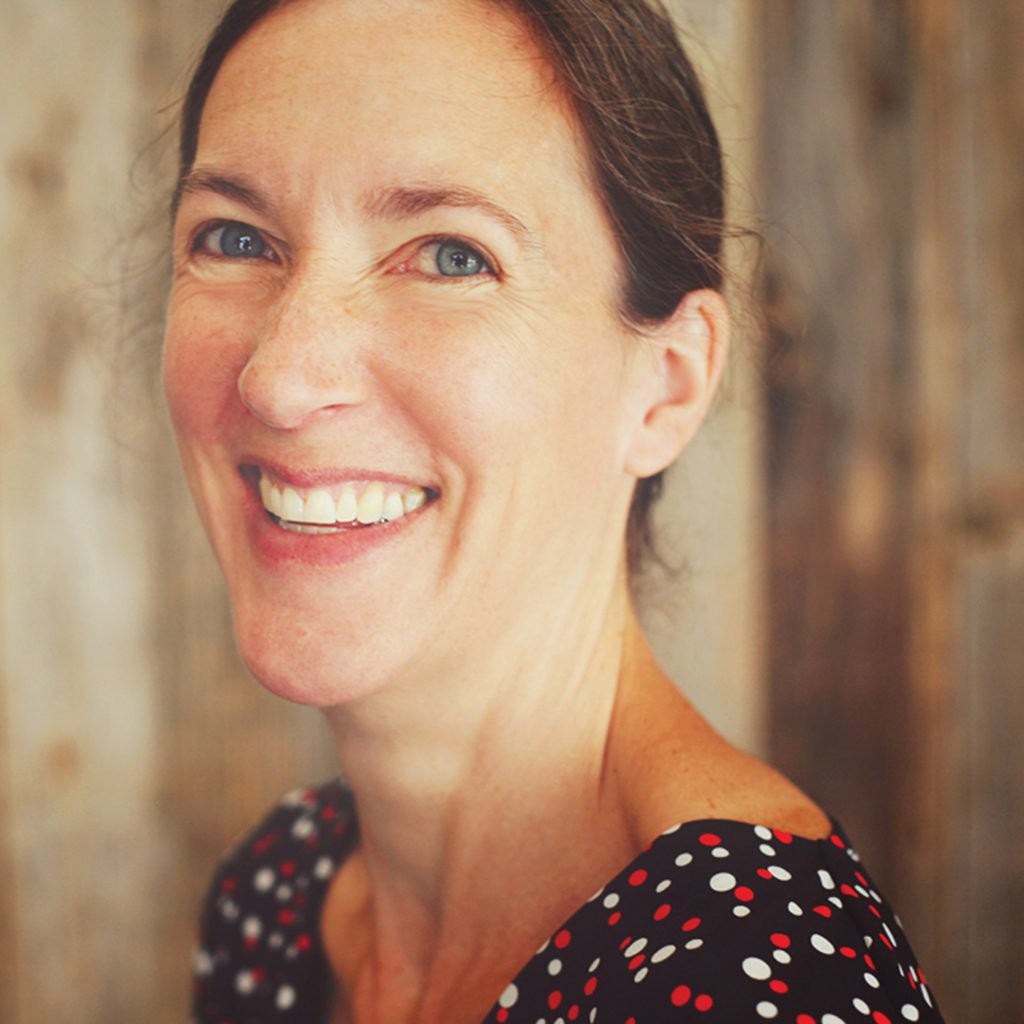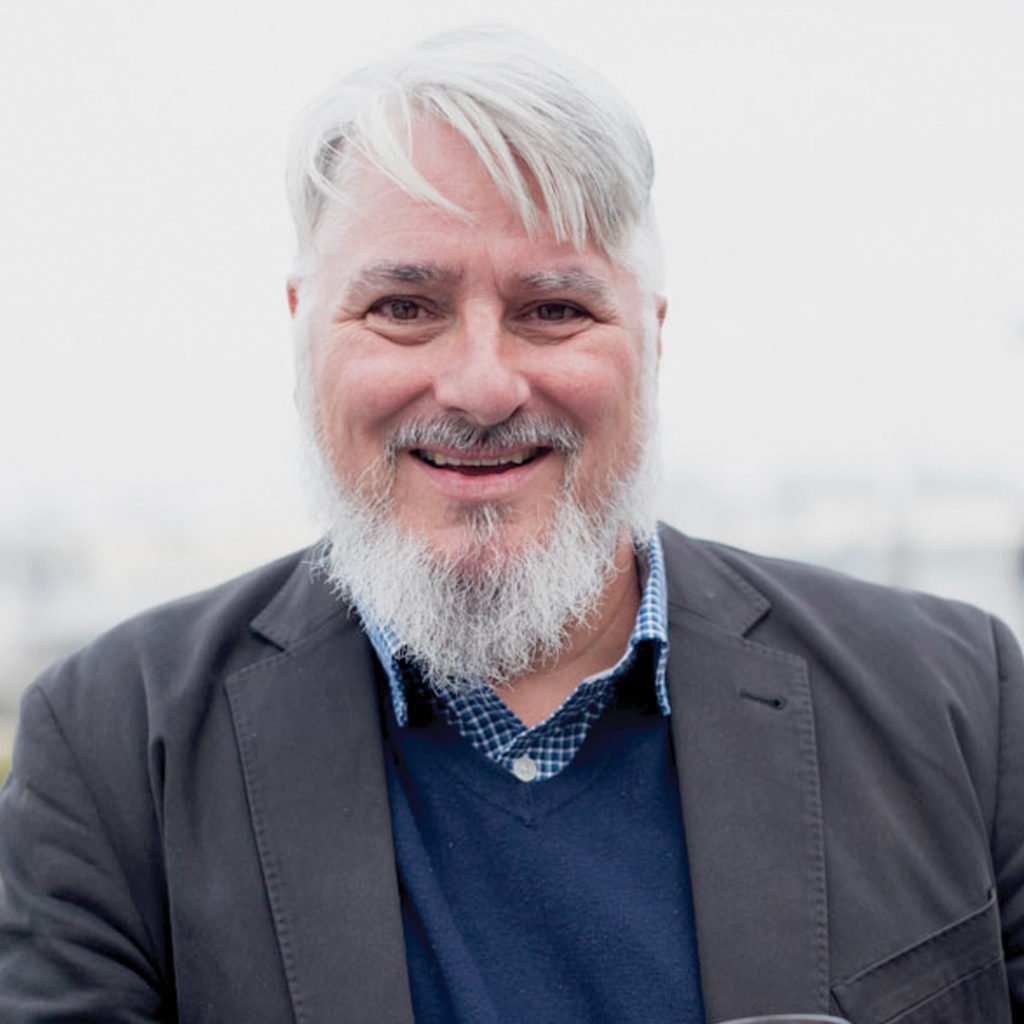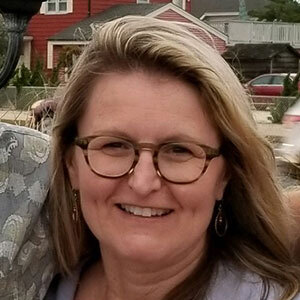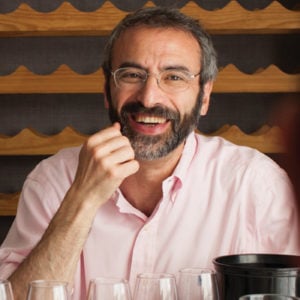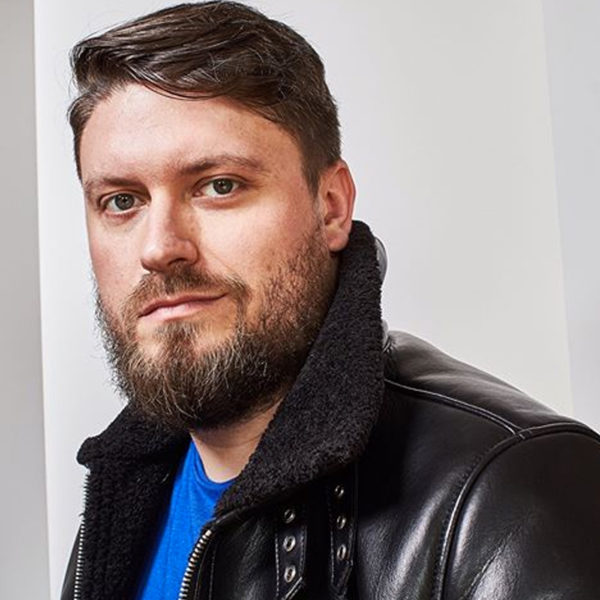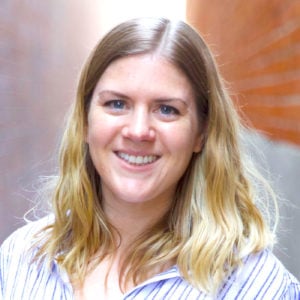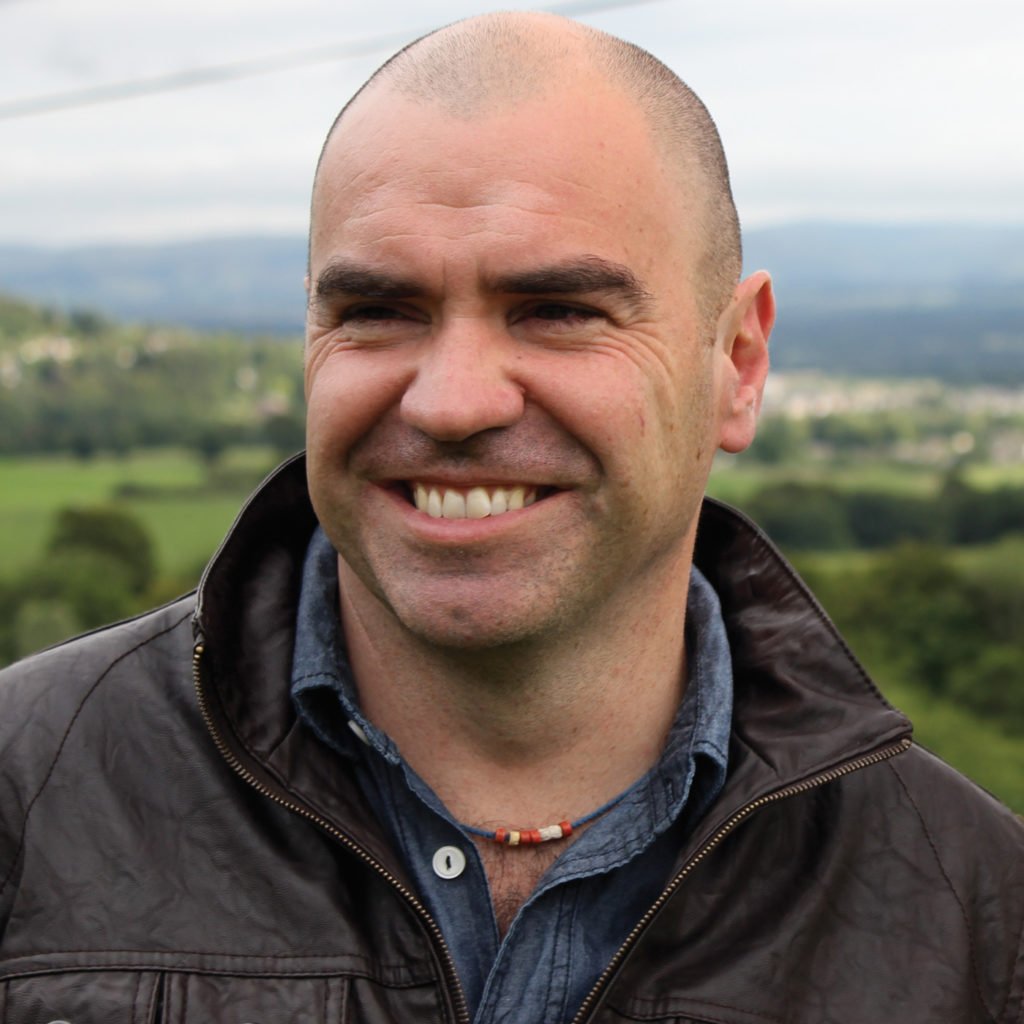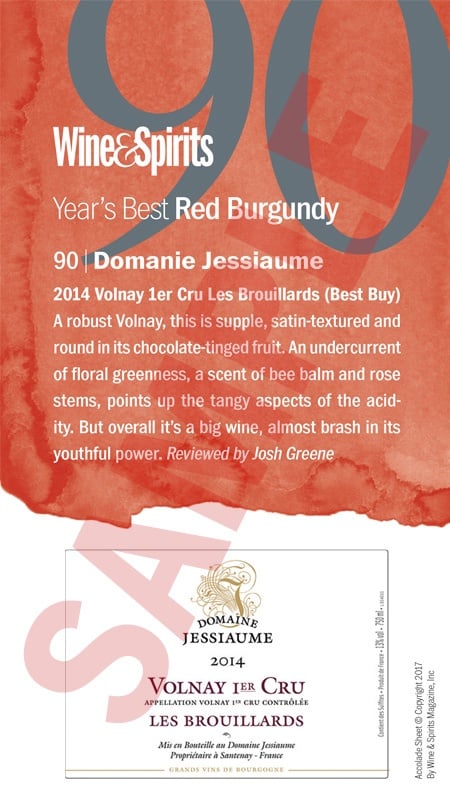As San Franciscans sheltered in place this past March, they were joined by an unusual number of gray whales, holing up in San Francisco Bay. It may be the relative quiet in the shipping lanes, encouraging a pause before the whales continue their journey north toward Alaska. They’ve been a welcome sight for San Franciscans. But their presence is not, necessarily, good news. Scientists believe they may be stopping due to a lack of food on their migration route—some of the whales have been dying in the Bay, and oceanographers suspect it is starvation.
Earth Day is also Ocean Day, and if you’re looking for a drink today, consider a Baykeeper IPA. It’s a collaboration between Anchor Brewing and San Francisco Baykeeper, raising funds for the group protecting the Bay from pollution. Or, for bubbles, open a bottle of Ocean Reserve, Iron Horse’s blanc de blancs sparkling wine from the hills of California’s Green Valley. Every bottle sold generates $4 for National Geographic’s Ocean Initiative, establishing marine protected areas, a project that helps sustain the food supply for the whales.
Along with sparkling wine, Iron Horse CEO Joy Sterling produces an annual Earth Day event; she took it virtual this year, hosting guest speaker, Dr. Sylvia Earle, via Zoom. Earle, an oceanographer, is the force behind Mission Blue, an organization dedicated to maintaining the biodiversity of the blue zones of the earth that will, in turn, sustain life in the green zones. Before she served as the Chief Scientist of NOAA, Earle had earned a PhD in phycology, the study of algae, and then, in 1970, applied to be an aquanaut. “There were fifty places in the program,” she recalled, “and James Miller, the head of the program, said that, ‘If half the fish in the sea are female, I guess we could put up with a few women.’ So, they selected five of us to live underwater for two weeks.” She has since spent more than 7,500 hours underwater.


In her presentation, Earle urged the audience to get rid of the word “seafood.”
“It’s wildlife,” she said, “We, too, are sea creatures and our future depends on taking care of the blue part of the planet.
“The upside of this pandemic is how it’s made us aware that we are vulnerable, we humans, to the laws of nature. We have to respect what sets the earth apart in a universe that’s not very friendly to the likes of us. We have a planet that works in our favor, but because of what we’re doing to the land and the sea—not respecting the limits—we are now vulnerable.
“We now have more than seven billion minds on earth, and we need to connect those minds to protect the old-growth forests, the places being destroyed and to put back what’s been destroyed.
“I hope [the pandemic] causes us to say, ‘Oh, I get it. Now I can see.’ Some people have been skeptics, believing the air has always been this way, or the ocean has always been trashy. If you take humans out of the equation, even for a little bit, you can see the difference in the air—and you can actually see the bottom of the canals in Venice. We are the cause, and we are the solution. We should learn from this.”
Joshua Greene is the editor and publisher of Wine & Spirits magazine.
This is a W&S web exclusive. Get access to all of our feature stories by signing up today.

